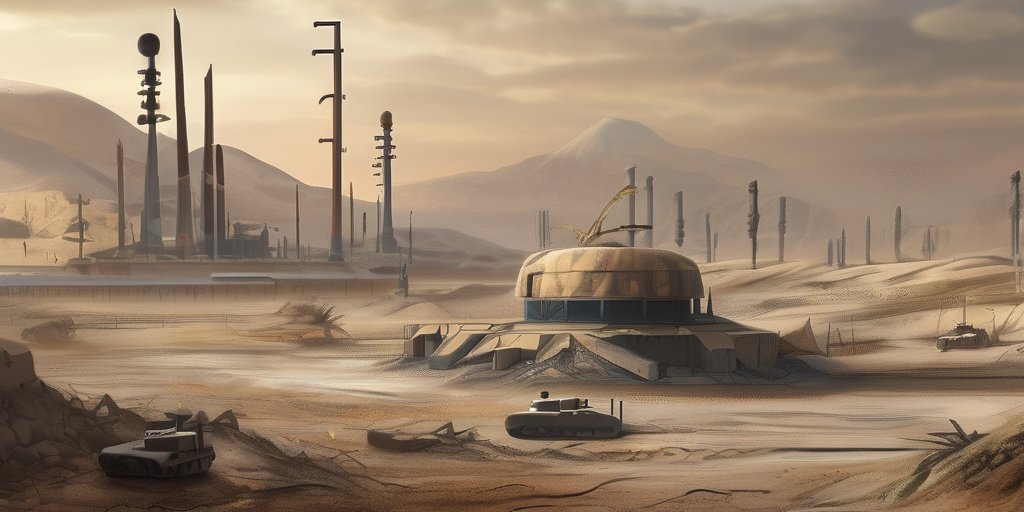In a surprising development, Donald Trump appears to have maneuvered through a significant foreign policy crisis involving Iran, emerging with a claim of victory following military actions against Iranian nuclear sites. Following Tehran’s modest missile response to the U.S. bombings, Trump took to Truth Social to declare, “CONGRATULATIONS WORLD, IT’S TIME FOR PEACE!” This jubilant proclamation highlights his perception of a de-escalation in U.S.-Iranian tensions, asserting that a ceasefire between Iran and Israel was underway.
Historically, ceasefires in the Middle East tend to be ephemeral, and this one is already facing challenges. Hours before the ceasefire was planned to take effect, both Israeli and Iranian forces engaged in exchanges of fire, raising questions about the legitimacy of Trump’s claims. Nevertheless, Trump characterized this ceasefire as “unlimited” and expressed a bold prediction that Israeli-Iranian conflicts would cease indefinitely.
Trump’s optimistic outlook, however, is met with skepticism. Critics contend that claims of a resolved nuclear threat and the obliteration of Iran’s nuclear capabilities may be exaggerated. The underlying reality remains uncertain, with significant pieces of Iran’s nuclear infrastructure still in play, indicating that the potential for further conflict lurks.
As Trump approaches the milestone of 2024 re-election, the outcome of this conflict—and its portrayal—will be pivotal in shaping his legacy. Having initially been criticized for his handling of military actions, Trump’s intervention has been framed as decisive and may serve to rally support within the Republican party, particularly from his MAGA base that sought no new wars.
The unfolding situation also sheds light on Trump’s complex relationship with U.S. military engagement abroad, balancing between aggression and diplomacy. While he declares the mission a success, many analysts warn that the strategy could mark a reckless gamble—reaching for diplomatic negotiations using military power that may encourage Iran to pursue nuclear weapons.
Furthermore, the regional balance of power is shifting, with Iran’s influence waning and Israel gaining assertiveness. Supporters of Trump view this as a new chapter for U.S. foreign policy, but it remains debatable whether such claims hold merit in light of historical precedents.
As Trump attempts to reset relationships and positions within the volatile Middle East, the crisis underscores ongoing tensions and the complexities involved in asserting American interests without embroiling the nation in an extended conflict.
In conclusion, while Donald Trump’s declaration of peace presents him as a peacemaker in the Middle East, the realities of the situation suggest that true resolution remains elusive. The coming weeks will reveal if Trump’s claims hold up against the backdrop of historical patterns in the region’s tumultuous landscape.
